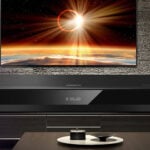Shawn_M
Auditioning
- Joined
- Apr 25, 2004
- Messages
- 9
ok guys this may be dumb but can someone explane the whole ohms impedence and resistance to me or point me somewhere i can find some info on this i know a little but still a little cloudy on the whole thing





